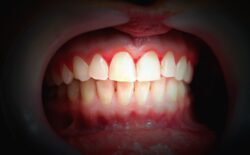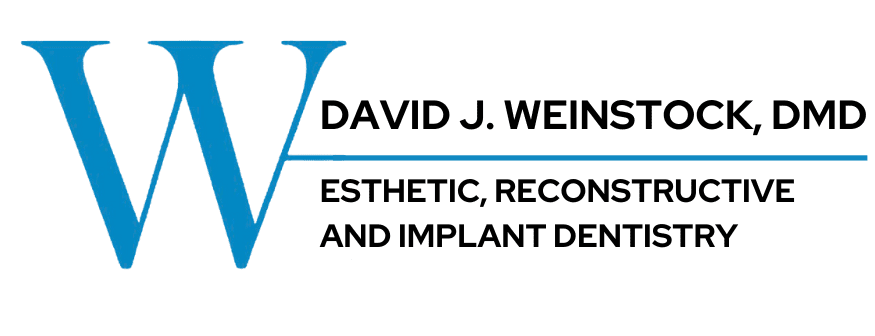Gum disease is much more prevalent in adults than you may have ever thought. But many adults don’t realize they have it until the symptoms are advanced. Could you have gum disease without noticing? Dr. David J. Weinstock, a dentist in Bala Cynwyd, PA, discusses what gum disease is and the symptoms you should be watching out for.
What is Gum Disease?
Gum disease is also known as periodontal disease. It’s an inflammatory condition that forms as a result of bacterial plaque accumulating under the gumline, causing inflammation and irritation. Gum disease comes in multiple stages. Gingivitis is the earliest stage. The gum tissue is irritated and you experience some discomfort. However, any damage is reversible at this stage, and tissue and bone aren’t yet impacted.
Next is periodontitis. Often, deep pockets start forming at the gumline, accumulating more bacteria and plaque. The bone and tissue that support your tooth start eroding at this point. With advanced periodontitis, the support structures for your tooth are destroyed. Your teeth may start to shift and loosen. If things get too bad, your tooth may fall out or need to be extracted.
Signs and Symptoms of Gum Disease
The early stages of gum disease can be difficult to spot if you’re not explicitly looking for them. If you’re experiencing any of the following, call us immediately. Even if it’s not connected to gum disease, it’s important to get things checked out.
- Bleeding gums (especially when brushing or flossing)
- Constant bad breath
- Loose teeth
- Shifting teeth
- Swollen or receding gums
- Noticing an oral appliance fits differently than normal
Any of these things are an indication that you may be suffering from gum disease. Make sure you make an appointment ASAP, as it’s important to get this treated as soon as possible. You don’t want to lose any teeth.
Gum Disease Treatment Options
Your treatment for gum disease will depend on the progression of your personal gum disease case. The main treatment is scaling and root planing. This is used in mild to moderate cases of gum disease. Your dentist will do a deep cleaning of your teeth and gums, making sure to scrape plaque and bacteria out of the pockets forming at your gum line.
Usually, this is the only treatment that’s needed. Getting the bacteria out of that area allows the inflammation to ease and the tissue in that area to heal and be back where it’s supposed to be. However, more advanced cases mean more advanced treatment. Periodontal surgery gets rid of those deep pockets that are developing. You may also need replacement teeth where some have fallen out or if they need to be extracted.
To prevent further problems with gum disease, Dr. Weinstock will discuss preventative care measures with you. Brushing and flossing daily is one of the most important things you can do. You should also make sure you’re getting bi-annual checkups and cleanings in our office. He can discuss any extra pointers with you to make sure your mouth stays healthy.
